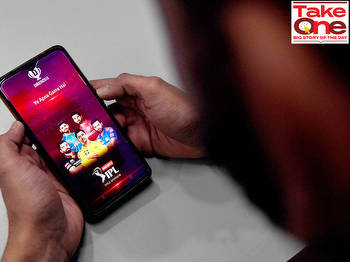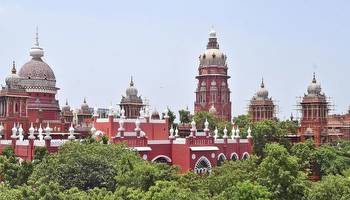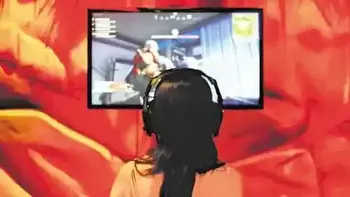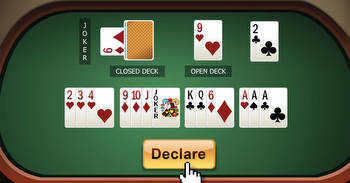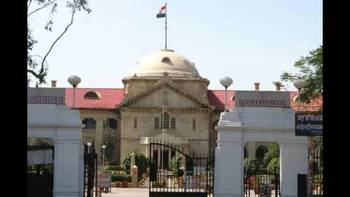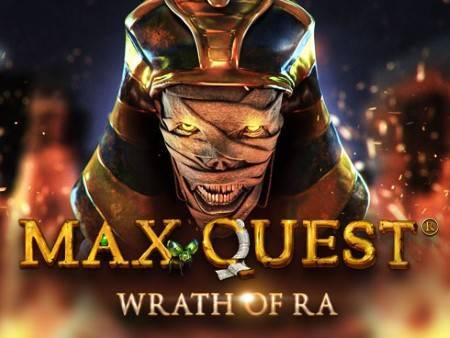Plea To Regulate Online Gambling By Constituting A Regulatory Body: Delhi High Court Issues Notice
The Delhi High Court has issued notices to the Central government and the Delhi government on a petition seeking regulation of online gaming by constituting a regulatory body to differentiate between a game of skill and a game of chance and decide what is permissible in law.
A Division Bench of Acting Chief Justice Vipin Sanghi and Justice Sachin Datta while issuing notice, also asked the Petitioner to implead the Delhi government as a Respondent party, since gambling is a State subject under Entry 34 under List II in Schedule VII of the Indian Constitution.
The matter has been listed for hearing on November 16, along with another Writ Petition 9436/2020, raising similar issues.
The instant petition has been filed by Advocate Atul Batra in public interest, seeking a writ of mandamus to take the necessary steps to formulate a regulatory body, as recommended by the Law Commission, to regulate online gaming and a writ of mandamus to stop the games which are not games of skills (as permitted in law).
Ministry of Home Affairs, IT Ministry and Ministry of Sports are arrayed as Respondents in the matter.
It is the petitioner's case that despite the recommendation of the Law Commission in its report titled 'Legal Framework: Gambling And Sports Betting Including In Cricket In India', several games of online betting are running in the name of the skill. It seeks directions from the appropriate authorities to regulate the online gaming rules and set up a regulator to pre-approve online games with a grievance redressal mechanism.
It also sought appropriate action against Cricket Millionaire Pvt. Ltd., which allegedly runs gambling by running games, namely Cricket Millionaire, Overs Game, Fantasy Games, and Sport the Cricket Ball, games of chances.
It further mentions that if the relief is allowed as sought, it will help: (a) school students who have free access to computers/mobiles and internet connectivity; (b) persons addicted to betting; and (c) college students.
During the course of hearing, Advocate Vaibhav Gaggar, appearing for Centre, informed the Court that the concerned Ministries are deliberating over the issue. However, betting and gambling being state subjects, the Centre cannot legislate on this aspect without State's consent. He added that the Information Technology Act does not address the concerns of online gambling and in other states also, the issue has been determined by the judiciary itself.
Case Title: Atul Batra v. Union of India










